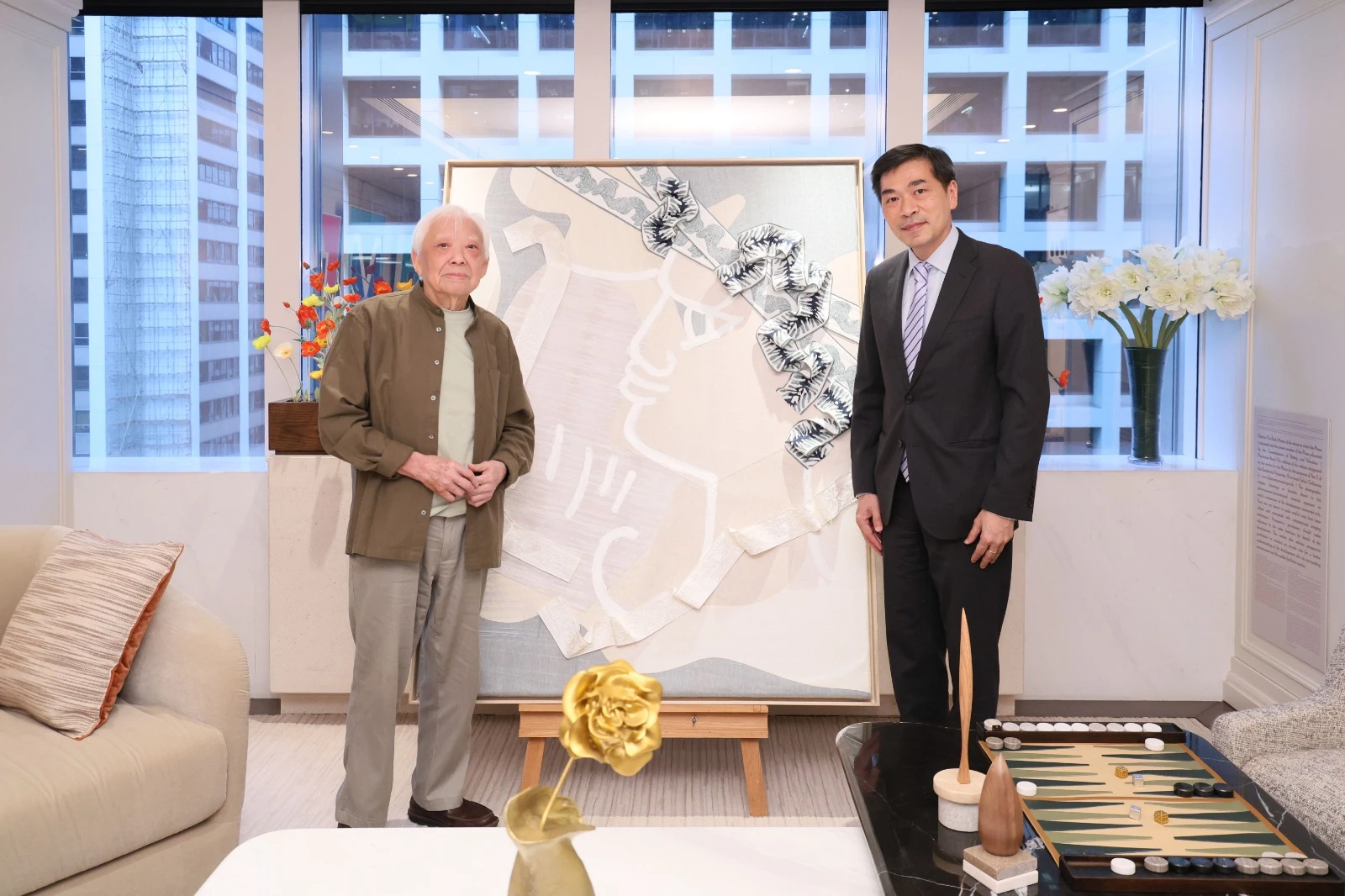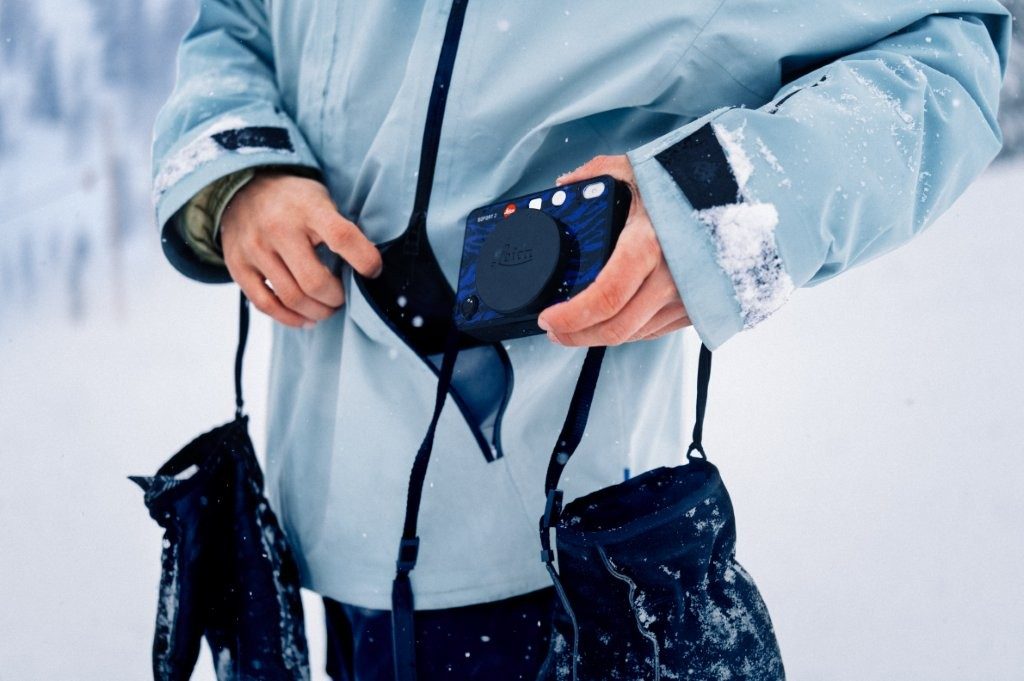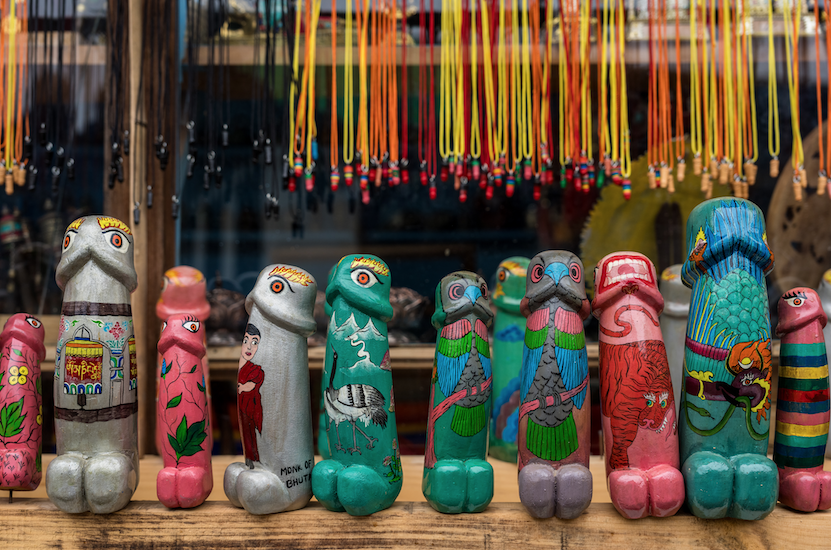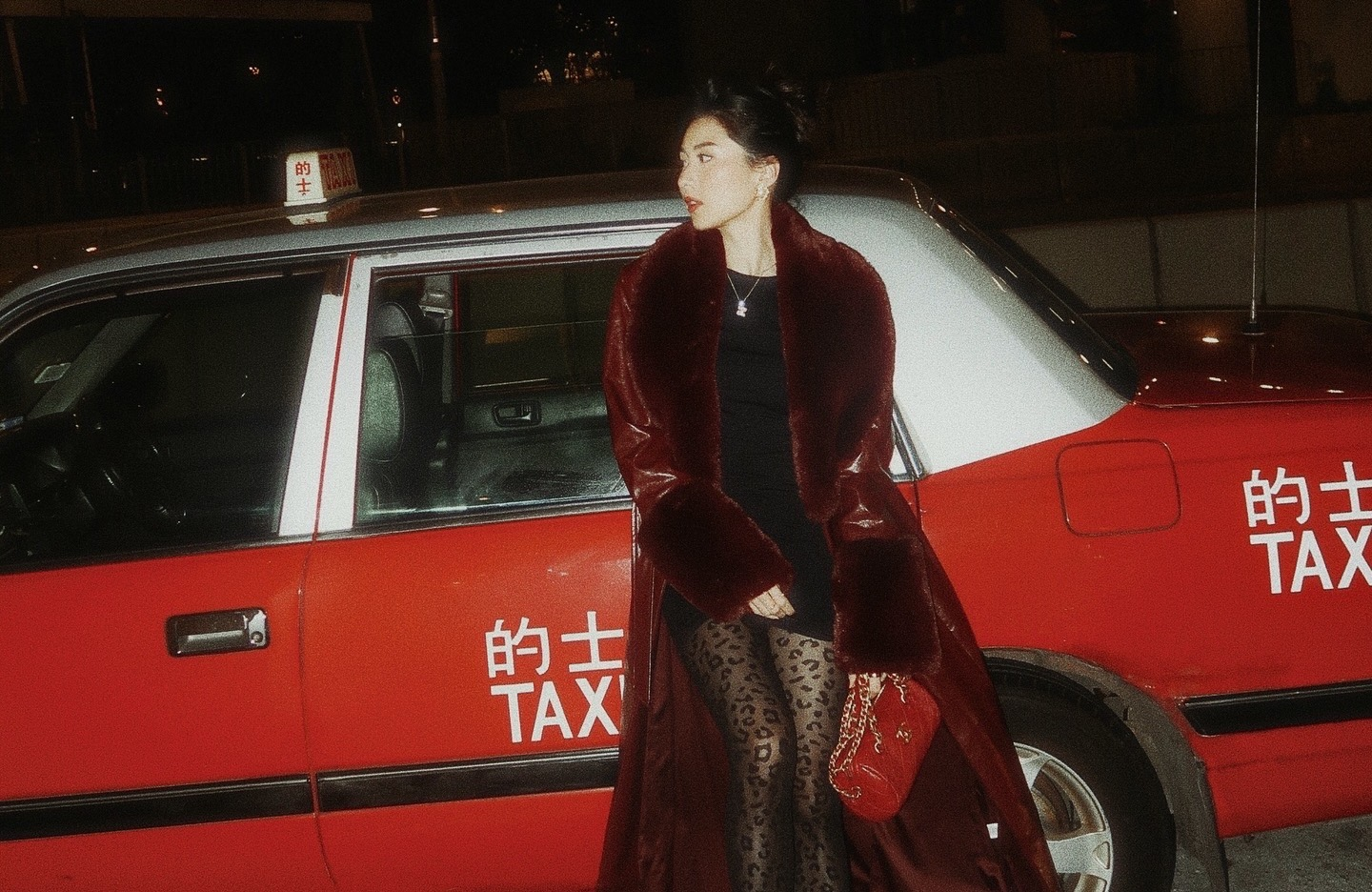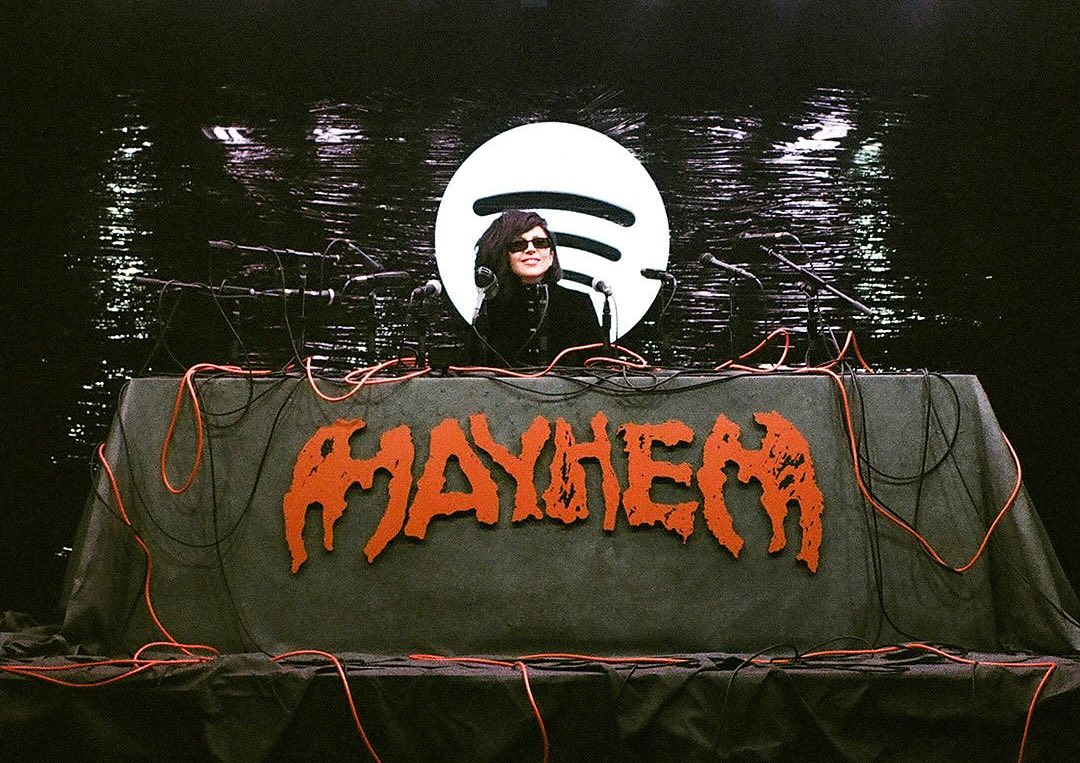Marc Ching Risks Everything to Save Dogs From Chinas Meat Trade
Mar 01, 2017

A trip to the “edge of civilisation” is what Marc Ching called his mission to the mainland city of Yulin in June to raise awareness about the dog meat festival held there every year. “I do this because someone has to do this,” Ching wrote in a social media post. He was hopeful of closing down the dog slaughterhouses and ending the suffering they inflict.
For the past two years, Ching has been striving to end the trade in dog meat in East Asia and save the animals from the gruesome fate that awaits them at the hands of the suppliers. He has rescued thousands of dogs on his trips to mainland China, South Korea, Indonesia, Vietnam, Cambodia and Laos. He has been shot at, chased by thugs wielding meat cleavers, taken hostage and beaten up so badly he was hospitalised. He has had a gun barrel rammed into his mouth, yet he remains determined to end the vicious business of supplying dog meat.
On his breaks from rescuing dogs on death row, Ching spends his time at home in Los Angeles with his wife, children and their own dogs – which, he says, he treats as if they were his children. Ching was born in Hawaii to parents of Japanese and Korean descent, and adopted into a family with Chinese roots. A vegan, he calls himself a holistic nutritionist for animals and runs The Petstaurant which makes organically grown food for pets.
But it is his work with the Animal Hope and Wellness Foundation that sees him rescue animals from cruelty and neglect, rehabilitate and find them new homes. The foundation aims to end the trade in dog meat but is also focusing on ending the suffering inflicted on the animals when they are slaughtered. The dogs are often killed in stressful situations because consumers say it makes the flesh taste better. The animals may be boiled alive, clubbed or beaten to death. Although those in the trade say the animals are bred for food, strays and pets are often found in the abattoirs.
Ching began his campaign in 2015 after reading about Yulin’s festival online. “I didn’t even know that they had a dog meat festival,” he says. “I knew that they ate dogs in Asia but I didn’t know when Yulin was. I didn’t believe it. I saw these pictures and I didn’t think that people could do what they were portraying. I went to find out for myself.”
Ching made his first visit to the mainland in September 2015. He acknowledges he did not know what he was doing and that he was oblivious to how perilous the mission could have been. He rescued 57 dogs, a duck and a sheep. He felt good about his work and about the possibility of his saving more animals. He kept going back. On his next visit Ching went undercover, posing as a dealer in search of business.

He gained entry to the abattoirs. “It kind of changed things,” he says. “I don’t think I was prepared to see the things that I saw. I’m aware of death and the American slaughterhouse industry, I’ve seen all the videos, but in real life it’s a little bit more traumatic. Each trip seems to be harder.”
Ching has been on 10 or so rescue missions and saved thousands of dogs. He recently began negotiating deals that have closed some of the slaughterhouses. In one case the proprietor agreed to tear the building down. “Our deal was to put him into a new business,” Ching says. “I didn’t have to buy the slaughterhouse or the dogs but they came along with the deal. I would help him set up a noodle shop, where I would finance the shop and pay for all the expenses, help him with advertising, help him set up the menu for six months. That’s what we’re doing.”
Ching hopes to do similar deals elsewhere. “I’m working on a new deal now in Cambodia, two in Indonesia and four in Vietnam, but it’s taking time,” he says. “The expenses are not that bad because the income there is much lower and our money goes a lot further. It shows that some people who are in the dog meat trade, doing these heinous kinds of acts, don’t want to be in it.”
He has some sympathy for people trapped in the trade. “The family I’m working with now in Cambodia, they sold their two daughters into the human trafficking sex trade at five and seven years old,” he says. “It’s a pretty terrible story. The father started slaughtering dogs a long time ago to feed their family. I’m trying to give them an opportunity.”
Ching talks about his team but his rescue missions are pretty much one-man affairs backed by volunteers and paid guides. He pays people between US$2,000 and US$6,000, sums that they might otherwise take two years to earn, to lead him to the abattoirs and help him gain access.
He has enlisted celebrities such as Matt Damon, Maggie Q and Joaquin Phoenix to speak out against the trade and the campaign has gained thousands of supporters, who in turn donate and encourage Ching. “Once awareness started rising, people started to donate,” Ching says. “It helps, but I tell people, if nobody donated we would still do what we do. My company pays for it, which is me. It’s a small price to pay for saving lives.” Even so, the foundation is always seeking support. “Most people who reach out to us are individuals, but we need local groups and local help. Before I left for Yulin last time, we reached out to almost all of the big groups and all of them turned us down.”

One group, The Tree of Life, offered to take care of many of the dogs rescued but it was ill equipped to handle so many dogs. “There was a big crisis. But we stepped in and relocated hundreds of the dogs,” Ching says. “Outside of that, the locals in China have been a major support group and have come to the aid of our foundation and the aid of these dogs.”
Of the dogs rescued by the foundation, 95 per cent are taken to veterinary surgeons and Ching ensures the vets are paid for their work. Other animals are sent directly to boarding kennels in the United States but the majority need treatment before they are well enough to be moved. The foundation itself has the facilities to keep 100 dogs and it will house animals elsewhere in the US once its kennel is full. That a sick animal dies is an unfortunate reality of Ching’s rescues. He is hopeful the number of deaths will decrease with the establishment of a mainland branch of the Animal Welfare Program.
The cycle of campaigns has taken its toll on his state of mind. Ching speaks candidly about the mental trauma his work entails, with poetic outpourings on social media conveying the sadness, anger and, at times, sense of hopelessness that overwhelms him. “In Asia, when I’m in a slaughterhouse, when I’m rescuing the dogs, when I’m trying to document things undercover, I don’t think,” Ching says. “It’s just natural. Your body takes over and you become somebody else. At night it’s very different. I would never kill myself but at night it’s borderline.
“When I come back from a trip it’s very different,” he says. “It’s the hardest time. I post [online] because it’s more of a therapy for myself. I don’t read the comments and I don’t read the news articles – not because I don’t appreciate them, but [because] it traumatises me to relive the moment. I never knew how this was going to destroy my life.”
While all animals deserve to live and eating animals is wrong in Ching’s perspective, the dog meat trade is different again because of the cruelty involved. “Sometimes there’s inappropriate action, where they’re beaten up. I have seen deliberate cruelty, deliberate torture, based on certain beliefs.
“We’re different from the other groups in China, who are based solely on the reasoning that you’re eating man’s best friend. I don’t look at it like that. There’s this cruelty or belief built into the slaughtering of these dogs that makes it extremely inhumane. That’s what we’re drawing attention to; that they’re hung, that they’re burned alive, boiled alive. I’ve watched skinnings.”

While he would like to see government’s ban dog meat altogether, he says banning the Yulin festival would be a big first step. “China is such a proud country. The people are no different from Americans. They’re proud people. They’re good people. To me, I think China has a chance to stand up for animal rights and become the first Asian nation to set a precedent, to say, ‘Look, Chinese people are proud, great, loving people, and they’re better than what you think.’ America is not perfect. They could outdo us by taking a stand.”
Ching says persuading governments in the mainland will take time. In Indonesia and Cambodia, he has already begun the process of arranging meetings with officials to put his case for stopping the trade in dog meat. “When someone in the government sees a post and says, ‘Wow, I didn’t realise it was that bad. Let me talk to this guy,’ that’s worth more than money to me. These people in the government are just like you and I. They cry. They have feelings. They’re human.”
Official inertia is just one hindrance to his campaign. Another is the objections of other activists to his tactic of offering to buy dogs from dealers. It is a tactic he used last year.
“When I get into a slaughterhouse, I tell them I would like to try the meat and [ask] if I could take some dogs and kill them myself,” Ching says. “And some people would say, ‘OK, sure. You can take three of them.’ So I would take three of them.” They might be missing a leg or they may have been hung. “I couldn’t leave them. I had to buy those dogs. Some groups felt that I made everything worse by doing that. I took a lot of criticism. They thought that I should have left the dogs. Rescuing is about saving lives”. But he understands the objections and claims to no longer buy dogs while he is on a rescue.
Every time somebody shares online or re-posts something about his campaign, it raises awareness, Ching says. “Yulin is like that thing that everybody watches but the severity of the degree of cruelty in Yulin is very mild compared to what’s really happening. To me, awareness is what matters most. When people share the posts, talk to other people or even adopt a dog from the dog meat trade, it raises awareness. We have more power than we think.”
Ching’s latest rescue was neither in the mainland nor Indonesia or Cambodia, but in South Korea. He announced that the country’s biggest dog meat market, Gupo Meat Market, will close all its abattoirs, not just its dog meat facilities, after slaughtering animals for more than a century.














